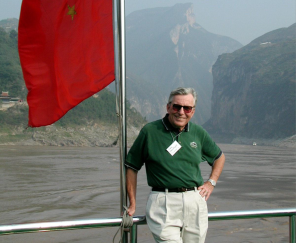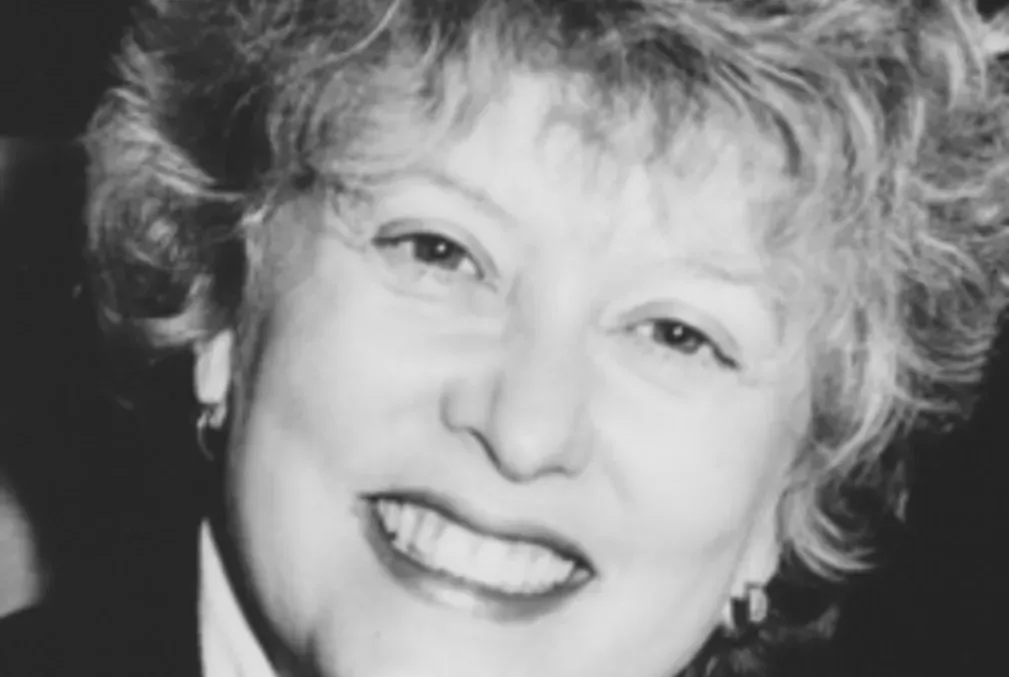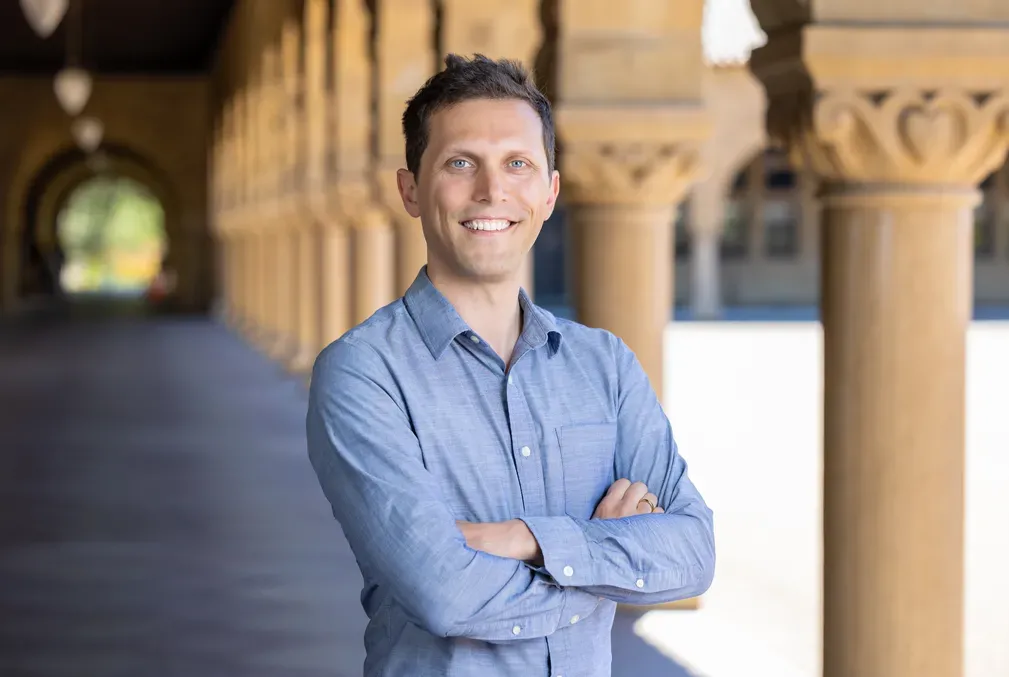Lyman P. Van Slyke, pioneering scholar of Chinese history, dies at 94
A relentless yet humble scholar, Van Slyke helped distinguish Stanford’s Department of History for its scholarship in East Asian studies.
Lyman “Van” P. Van Slyke, professor emeritus of history in the Stanford School of Humanities and Sciences and pioneering scholar of 20th century Chinese history, died May 13. He was 94.
Van Slyke helped distinguish Stanford’s Department of History for its scholarship in East Asian studies, creating a generation of leading U.S. scholars in Japanese and Chinese history. His efforts in this area also earned him a reputation as a relentless and humble scholar.
His legacy includes establishing and administering the International Inter-University Program for Chinese Language Studies in Taipei, and co-creating the popular World Outside the West course, which he considered his “most satisfying undergraduate teaching experience,” according to a Stanford Oral History interview.
“Van helped pioneer 20th-century Chinese history at a time when many institutions shied away from the sensitive topic,” said Gordon H. Chang, the Olive H. Palmer Professor in the Humanities and professor of history. “He was a demanding scholar, in the best sense, and always honorable and respectful. He was legendary for his mentorship—the field of modern Chinese history is deeply indebted to him.”
From Duluth to Taipei and beyond
Van Slyke was born in 1928 in Duluth, Minnesota. His introduction to both Asia and the San Francisco Bay Area came via the U.S. Navy, where he was a junior officer after he graduated from Carleton College in 1951.
He was assigned to serve as an intelligence officer during the Korean War. His first mission took him from Naval Air Station, Alameda (near San Francisco) to the front lines. The experience put him on a path to studying Asian history in Northern California.
“That was a turning point,” he said in a 2016 oral history. “It was an amazing, eye-opening experience,” particularly for a self-described small-town boy from northern Minnesota. “I was fascinated and horrified.”
He entered the University of California, Berkeley in 1955 intending to study Japan, but an introductory class led him to fall in love with China instead. He earned his doctorate in history with an emphasis on modern China in 1964. During his graduate studies, he moved to Taipei with his wife, Barbara Joan Heaps, (whom he married in 1953) and their two children to improve his language abilities and conduct research. In the late ’60s, he again lived in Taiwan, this time with a family that now included three children.
Van Slyke joined Stanford in 1963. The following year, he helped establish what was then known as the Stanford Center for Chinese Language Study at National Taiwan University, which later relocated to Beijing and became the International Inter-University Program for Chinese Language Studies. He served as the center’s executive director during its 34-year run, influencing countless scholars.
He taught and mentored at Stanford until his retirement in 1994. In the years that followed, he remained an active member of the Stanford community, continuing to teach in the Department of History and Stanford Continuing Studies.
Van Slyke’s work focused on the conquest of power by the Chinese Communist Party between 1920 and 1950, and on US-China relations—research that gave invaluable context to the events that followed, including Mao Zedong’s Cultural Revolution and President Nixon’s landmark visit to China.
Evolving China
His first book, Enemies and Friends: The United Front in Chinese Communist History (Stanford University Press, 1967), delved into the importance of flexible political alliances during Mao’s quest for power.
Van Slyke served as a travel guide on more than 35 Alumni Association trips to China, Tibet, the Silk Road, and Southeast Asia. These travels led to what he considered his most significant work, his book Yangtze: Nature, History, and the River (Addison-Wesley Publishing Company, 1988). The book exemplified his interest in the interplay of geographic, environmental, and socio-cultural factors. The San Francisco Chronicle described it as “like taking a real river journey in the company of an expert and literate guide.”
Just as important as his publications was the effect he had on his students and colleagues.
“Van took me to lunch shortly after I joined Stanford as a completely green assistant professor, and it became immediately evident that he was operating on an entirely different plane,” said Thomas S. Mullaney, professor of history and (by courtesy) East Asian languages and cultures. “His intellect was simply next level. What I remember most, though, was Van's remarkable humanity: grand, gentle, precise, and kind, coupled with a remarkable lack of ego. We should all aspire for even a fragment of what Van achieved in his career and in his life.”
He earned the Dean’s Award for Excellence in Teaching in 1994 and shared the Distinguished Graduate Teaching Award with Harold Kahn, professor emeritus of history in 2003. He also received awards for his service to the Stanford Alumni Association and a Distinguished Lifetime Service to Asian Studies award from the Association for Asian Studies.
Van Slyke’s modesty was evident in his response to the AAS award in which he noted his students had become valued colleagues, friends, and esteemed mentors in their own right. He added that this “is as it should be—students should surpass their teachers.”
Van Slyke is preceded in death by his wife, Barbara, who died in 2011. He is survived by his children, Peter, John, and Elizabeth (Betsey); as well as his four grandchildren and four great grandchildren.




